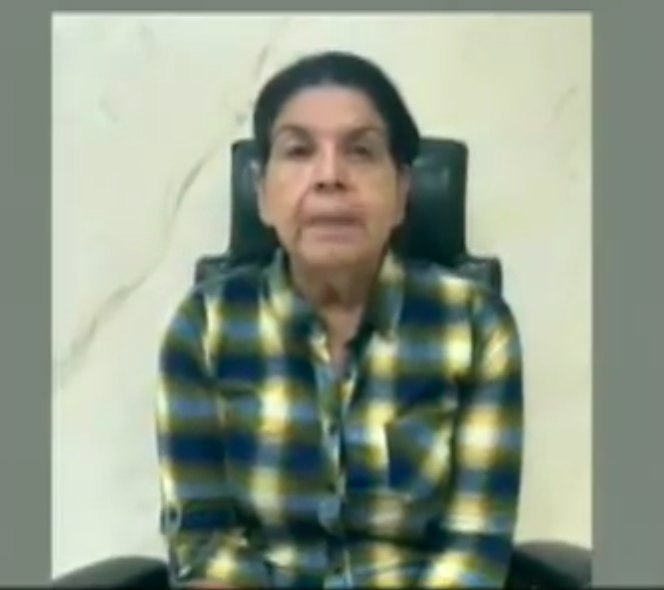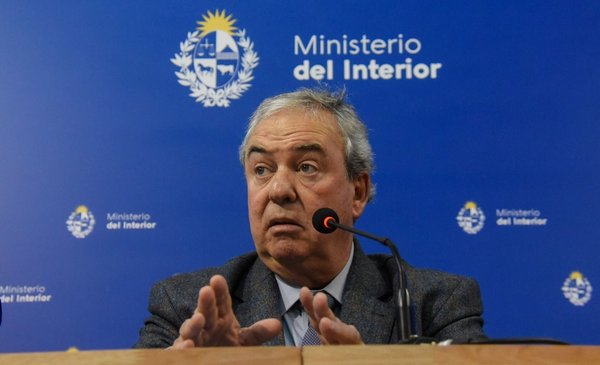The Public Prosecutor’s Office is obliged to verify what has been declared by accused persons who betray or reveal the participation of others in a criminal act, according to ruling 1,493 of the Constitutional Chamber of the Supreme Court of Justice.
The Prosecutor’s Office recently released two accusations in videos that helped to clarify the murder of Carlos Lanz, as reported by Attorney General Tarek William Saab.
This is “Mayi” Cumare, wife of Lanz and Glenn Castellano, alleged operator of that crime. These people took advantage of the “special assumption” of denunciation and told how the kidnapping, disappearance and murder of the Chavista leader occurred, an event that occurred on August 8, 2020.
In this sense, the Constitutional Chamber specified that the accusation is conceived as a “criminal procedural institution” to which an accused can take advantage, offering information to the Prosecutor’s Office in order to contribute to the investigation of a fact. The defendant can obtain in this way “a reduction in the applicable penalty, if the information provided is useful and effective,” says the Constitutional Chamber.
This “special assumption” applies when it comes to acts resulting from organized crime or violent crime, says article 40 of the Code of Criminal Procedure.
“That is why the verification of the usefulness of the information provided or the collaboration provided by the accused informer, imposes the obligation on the Public Ministry to investigate inescapably and in an expeditious and diligent manner what was reported”, says the sentence where it is clarified that From that moment the informers acquire the quality of “repentant informants”.
When analyzing the norm that establishes the delation, the Constitutional Chamber specified that the condition that deals with the collaboration of the accused is referred to providing essential information, aimed at achieving the following objectives: a) prevent the crime from continuing or others from being carried out, b ) help clarify the investigated or other related facts, and c) provide useful information to prove the participation of other defendants.
the little lies
· Between 2002 and 2003, María Belén Padilla Quintero was arrested for her alleged involvement with a drug-trafficking network. In the course of the process, Padilla betrayed the leaders of the gang.
· With what was revealed by Padilla, the Prosecutor’s Office launched an investigation to arrest two leaders of the organization. But the data that Padilla offered did not help to capture any of the traffickers, which prevented her from obtaining the reduced sentence that the Procedural Code promises to informers, as narrated in sentence 1,493 of July 16, 2007 .








